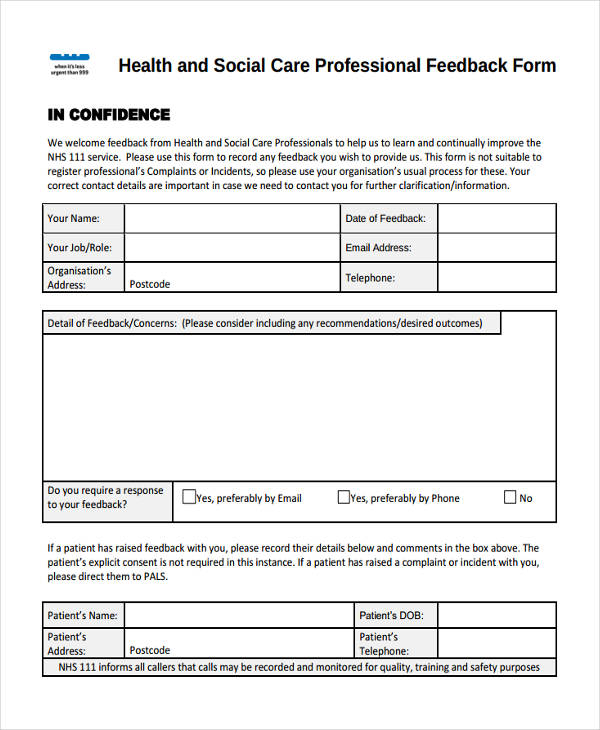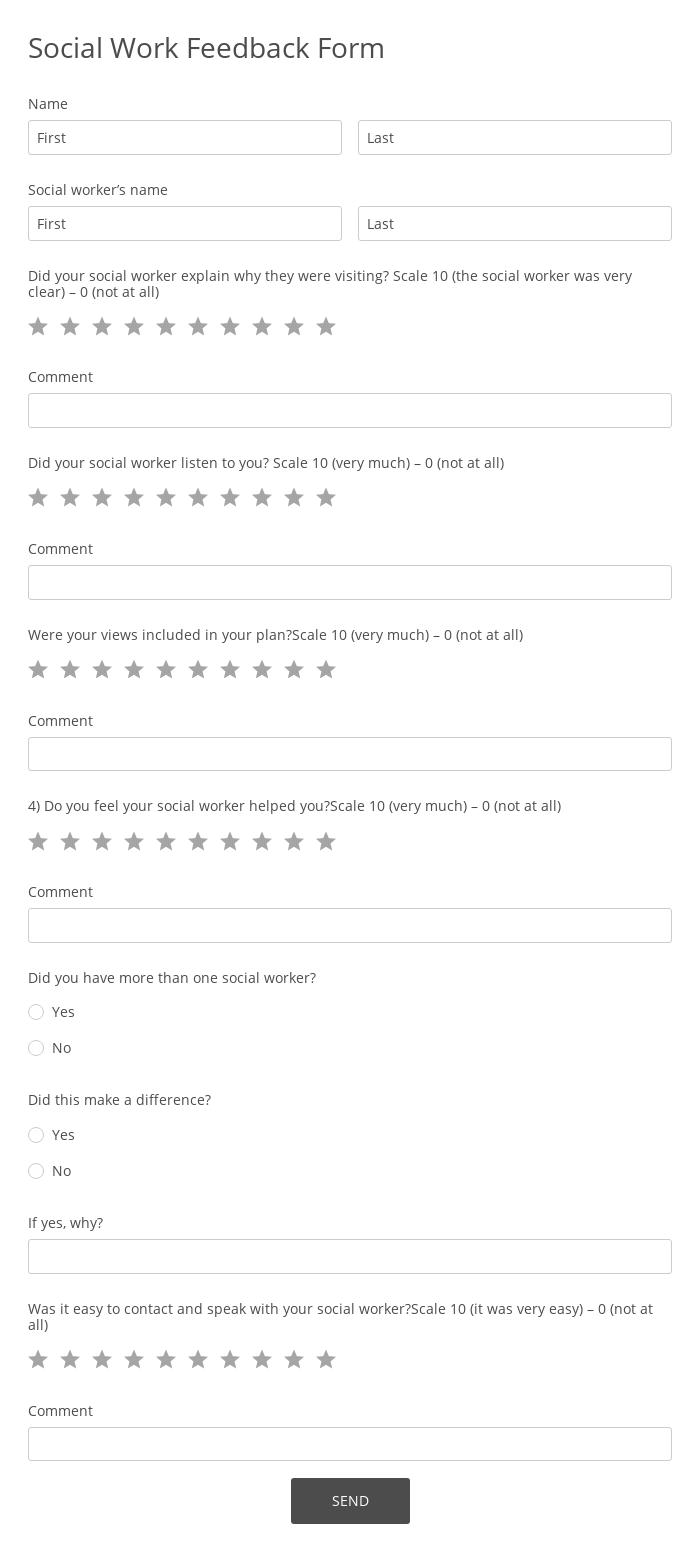Feedback is an essential part of the social work profession. It allows social workers to reflect on their practice, identify areas for improvement, and make necessary changes to better serve their clients. Additionally, feedback can help social workers to gain insights into the effectiveness of their interventions and the impact they have on the lives of their clients. In this essay, we will explore the role of feedback in social work and the various forms it can take.
One way in which feedback is crucial in social work is through the process of supervision. Supervision provides a space for social workers to discuss their cases with a more experienced colleague or supervisor. This can include discussing any challenges or difficulties the social worker is facing, as well as seeking feedback on their approach and interventions. Supervision can take place on an individual or group basis, and can be an invaluable source of support and guidance for social workers.
Another form of feedback in social work is through evaluations and assessments. These can be conducted by colleagues, supervisors, or external organizations. Evaluations can provide valuable insights into the effectiveness of social work interventions and can help to identify areas for improvement. For example, a client satisfaction survey may be conducted to gauge the impact of a social worker's services on the client's overall well-being and quality of life.
Feedback can also come from clients themselves. Social workers should encourage their clients to provide feedback on the services they have received, as this can help to inform and improve practice. This can be done through regular check-ins or through more formal evaluations. It is important for social workers to listen to their clients and take their feedback into consideration, as it can provide valuable insights into the clients' needs and preferences.
In addition to these more formal forms of feedback, social workers can also seek feedback from their colleagues and peers. Colleagues can provide valuable perspectives and insights, and can help to identify any blind spots or biases that the social worker may not be aware of. Social workers can also seek feedback from their peers through professional development workshops and training sessions.
In conclusion, feedback is an important aspect of social work practice. It allows social workers to reflect on their work, identify areas for improvement, and make necessary changes to better serve their clients. It can come in various forms, including supervision, evaluations and assessments, client feedback, and feedback from colleagues and peers. By actively seeking and embracing feedback, social workers can continue to grow and develop in their profession and better serve the needs of their clients.







